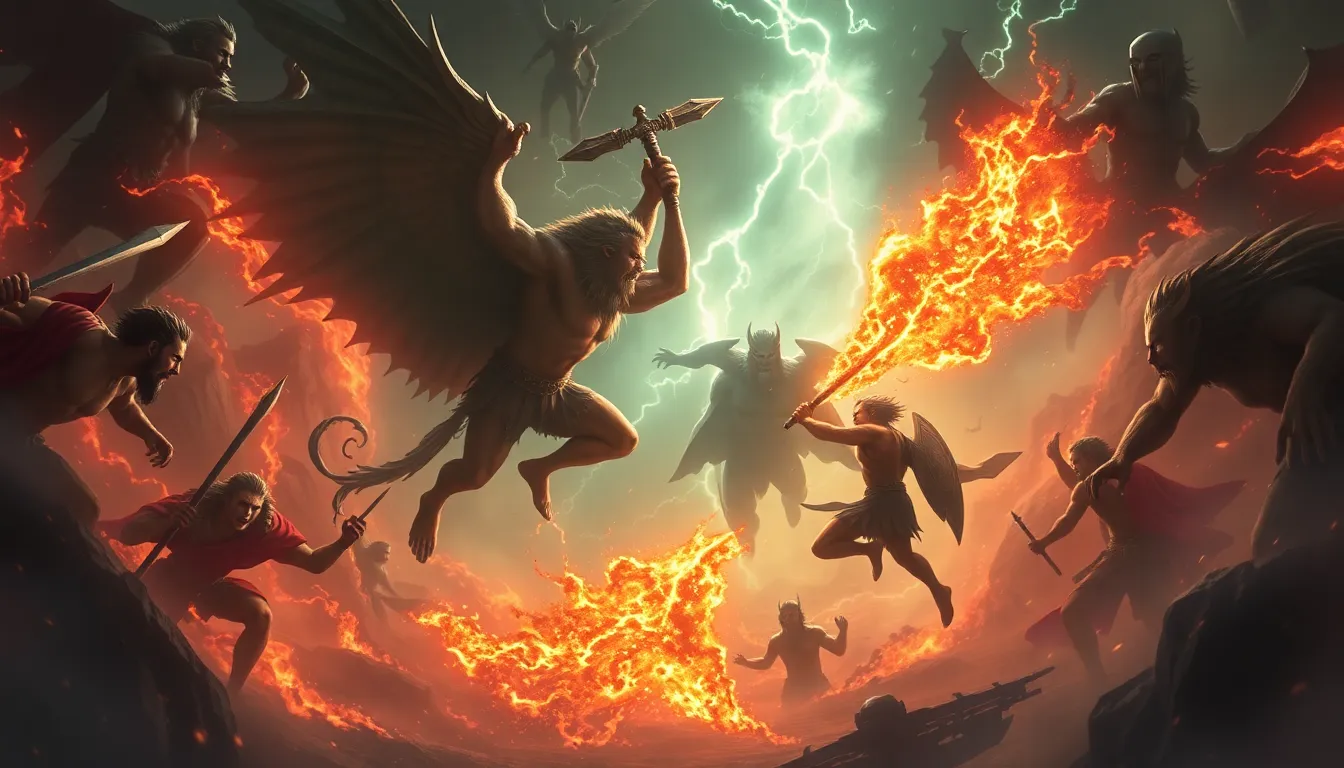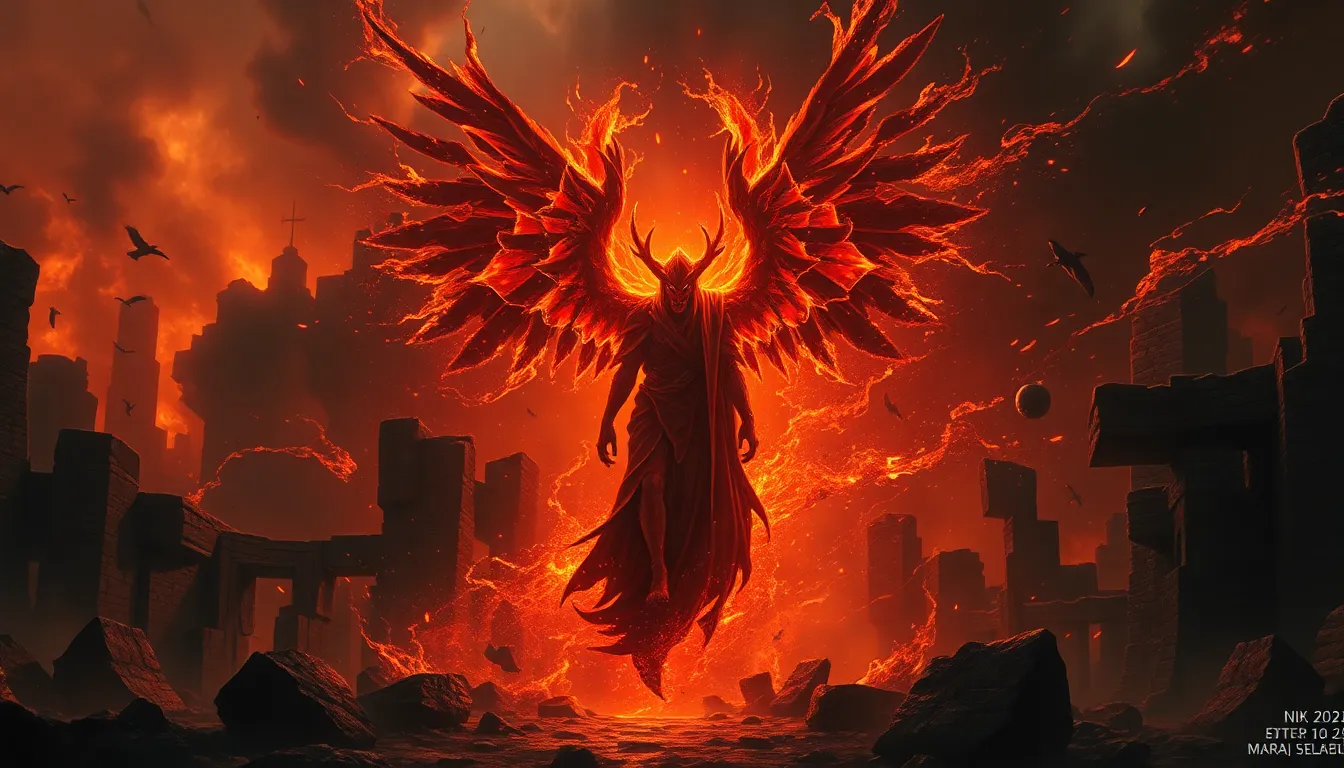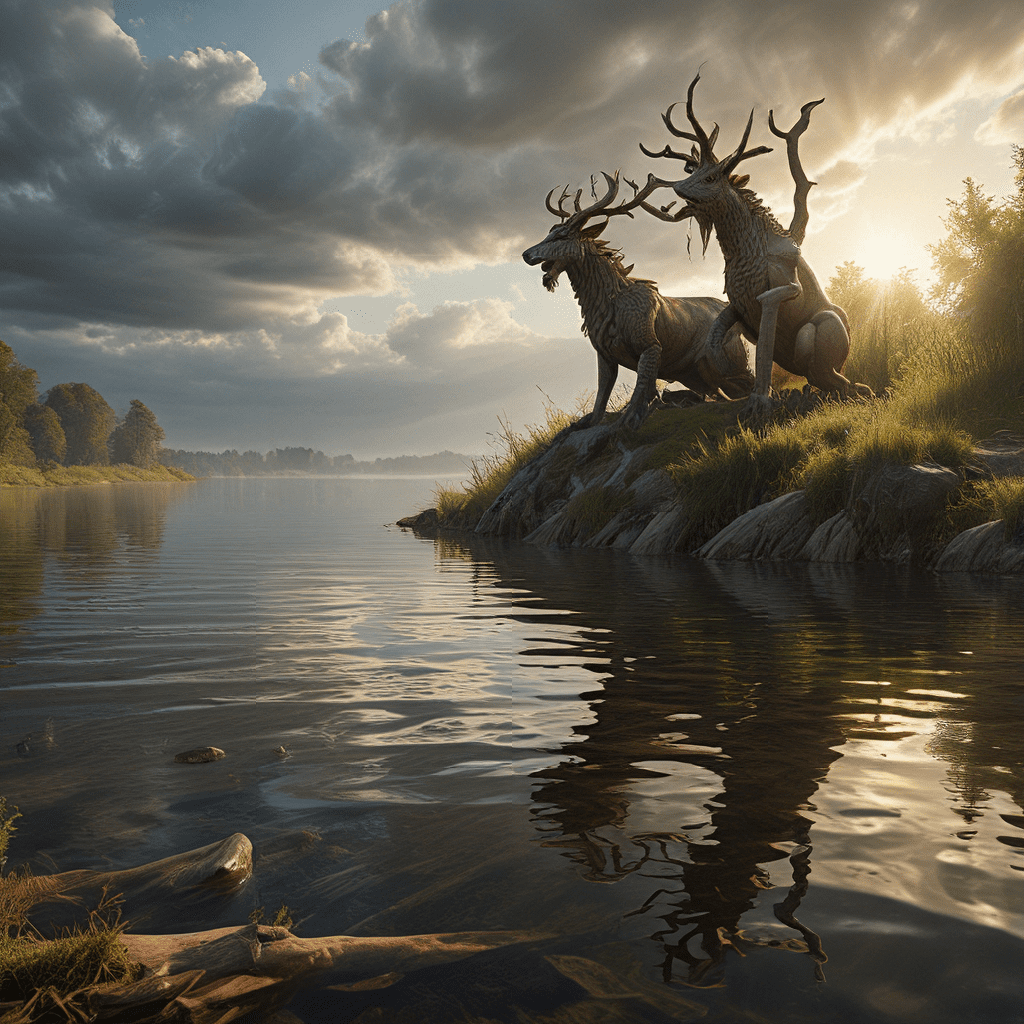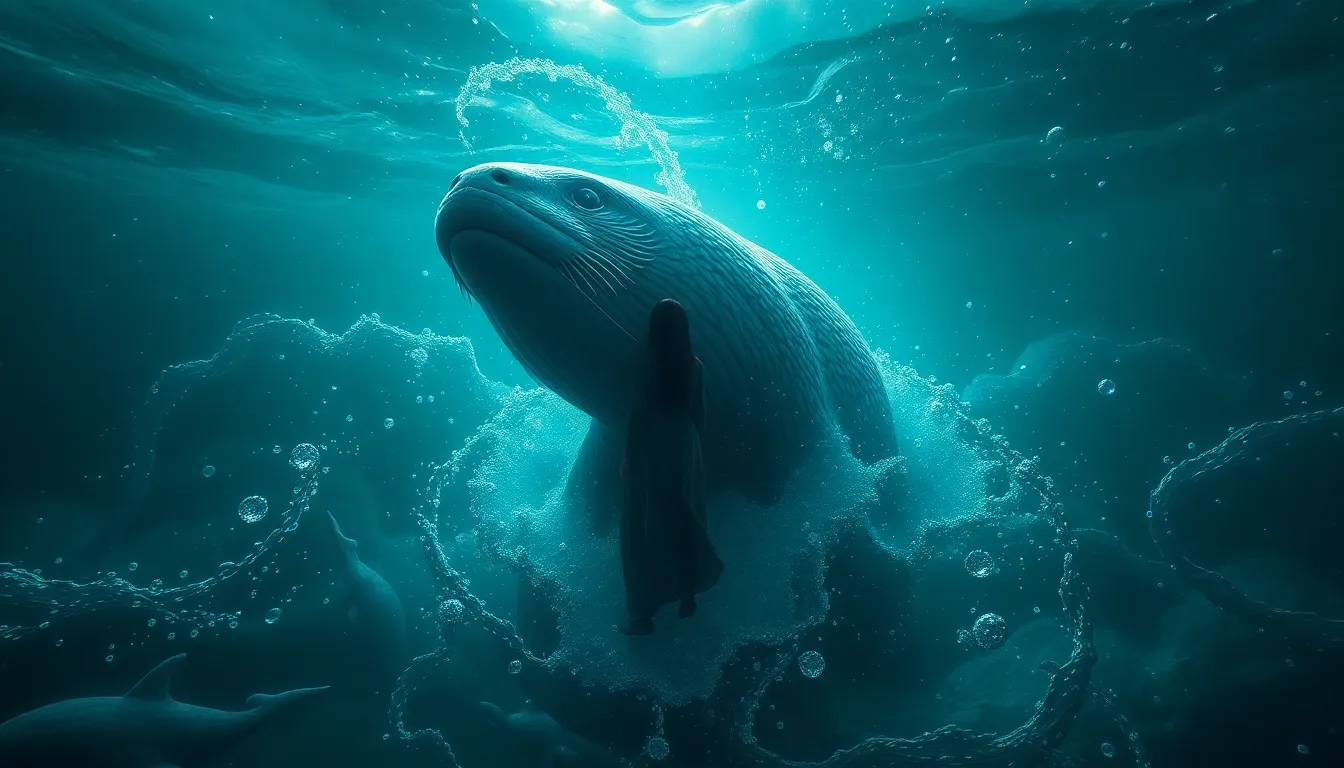Heroic Legends: The Most Epic Mythological Showdowns
Introduction: The Allure of Mythological Showdowns
Mythological showdowns represent some of the most riveting narratives known to humanity, where heroes clash against formidable foes in epic confrontations that test their mettle and morals. These tales, rich with symbolism and cultural significance, showcase the virtues and flaws of legendary figures, encapsulating the struggles of good versus evil, order against chaos.
Throughout history, heroes and their legends have played a crucial role in shaping the values and beliefs of various cultures. From the ancient Greeks to the indigenous tribes of Africa, these stories resonate deeply, often mirroring the societal challenges faced by their communities. This article delves into the most iconic mythological showdowns, exploring their origins, impacts, and modern interpretations that continue to inspire generations.
The Origins of Heroic Legends
The historical context of mythological stories is as varied as the cultures from which they spring. Many heroic legends originated in times when oral tradition dominated, and tales were passed down through generations, evolving along the way.
- Oral Tradition: The practice of storytelling was vital for preserving these narratives, allowing them to adapt to the changing values of society.
- Cultural Influence: Different cultures shaped their heroic legends based on their unique experiences, environments, and moral frameworks.
- Historical Events: Many myths are rooted in real historical events, often exaggerated to emphasize the hero’s qualities.
The Hero Archetype: Characteristics and Evolution
Across cultures, certain traits define the hero archetype. Common characteristics include:
- Bravery in the face of danger
- Strength, both physical and emotional
- A strong moral compass and sense of justice
- Leadership qualities and the ability to inspire others
The evolution of the hero archetype reflects societal changes. In ancient times, heroes were often larger-than-life figures, while modern narratives sometimes present more relatable, flawed individuals.
Comparing Eastern and Western heroes reveals fascinating contrasts. While Western heroes like Achilles and Hercules often embody individualism and personal glory, Eastern heroes like Rama and Sun Wukong frequently highlight communal values and moral lessons.
Iconic Showdowns in Greek Mythology
Greek mythology is replete with legendary figures known for their epic battles and heroic deeds. Key figures include:
- Hercules: Known for his incredible strength and the Twelve Labors he undertook.
- Achilles: Renowned for his prowess in battle during the Trojan War.
- Odysseus: Famous for his cunning and resourcefulness during his journey home.
The Trojan War stands as a monumental confrontation, not just a battle of armies but a clash of ideologies and destinies. Similarly, Hercules’s Twelve Labors highlight the hero’s struggle against insurmountable odds, echoing the theme of personal sacrifice for greater good.
These tales have had a profound impact on Western literature, inspiring countless adaptations and interpretations over the centuries.
Epic Confrontations in Norse Mythology
Norse mythology presents its own set of iconic figures and conflicts. Key players include:
- Odin: The wise and powerful Allfather, often associated with knowledge and warfare.
- Thor: The thunder god, known for his strength and protector of humanity.
- Loki: The trickster god, whose cunning often leads to chaos.
The climax of Norse mythology is Ragnarok, a catastrophic battle that signifies the end of the world and the death of many gods. This showdown reflects Norse values of bravery, fate, and the inevitability of change, highlighting how these stories convey deep philosophical meanings.
Legendary Battles in Asian Mythologies
Asian mythologies are rich with their own legendary figures and epic confrontations. In Hinduism, for example, the battle between Rama and Ravana in the Ramayana serves as a profound moral allegory about good triumphing over evil. Similarly, in Chinese mythology, the stories of Sun Wukong (the Monkey King) feature epic battles that emphasize wit and resilience.
These cosmic battles often carry moral lessons and are deeply intertwined with the cultural fabric, influencing art, literature, and contemporary storytelling.
African Mythological Showdowns: Heroes and Legends
African mythology features rich narratives that often emphasize community and the relationship with nature. Key figures include:
- Anansi: The spider trickster known for his wisdom and cunning.
- Shaka Zulu: A historical figure elevated to legendary status for his military prowess and leadership.
Epic conflicts in these legends often highlight moral implications, such as the importance of community, respect for nature, and the consequences of ambition and pride.
Modern Interpretations of Mythological Showdowns
In today’s world, mythological narratives are reinterpreted across various media, including literature, film, and video games. Modern adaptations often reimagine ancient tales, bringing heroes into contemporary contexts. Examples include:
- The Marvel Cinematic Universe’s portrayal of Thor and Loki.
- Books like “Circe” by Madeline Miller, which retells the story of a lesser-known Greek figure.
- Video games like “God of War,” which explore themes from Norse mythology.
This resurgence of interest in mythology reflects a timeless fascination with these stories and their ability to resonate with modern audiences.
The Enduring Legacy of Heroic Legends
Mythological showdowns have left an indelible mark on contemporary society. They teach valuable lessons about courage, sacrifice, morality, and the human experience. The tales of heroes confronting their destinies continue to inspire individuals to overcome challenges and strive for greatness.
Furthermore, these stories remind us of our shared humanity and the values we hold dear, bridging gaps across cultures and time.
Conclusion: The Timeless Nature of Heroic Legends
In summary, the exploration of heroic legends and their epic showdowns reveals much about the values, beliefs, and aspirations of humanity. By remembering and retelling these stories, we keep alive the lessons they impart and the connections they create across generations.
As we continue to engage with these narratives, let us take inspiration from these heroic figures and their legendary battles, striving to embody the virtues they represent in our own lives.



